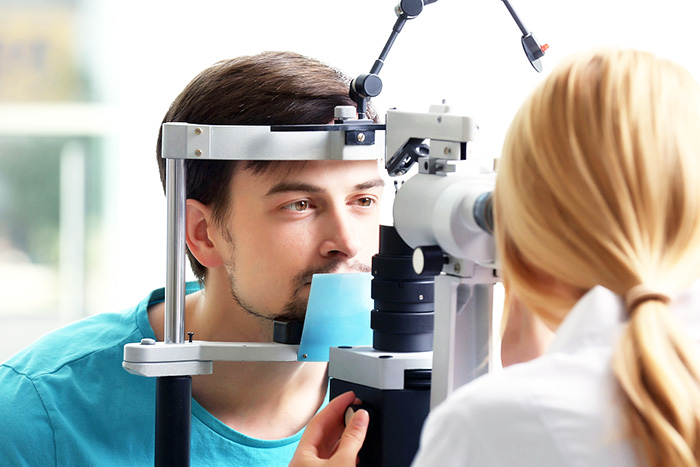Can’t imagine living in a world where you cannot read a newspaper, watch the television or play a game on your computer? Then it’s very important for you to take very good care of your sense of sight. Paying an eye doctor a visit is one of the most important steps that you need to make in order to keep your peepers out of harm’s way.
The moment you log on the web and find an eye specialist to consult, you may find yourself scratching your head. Some experts are referred to as optometrists while others are called ophthalmologists.
Which one of them should you pay a visit? Read on if you want to take the guesswork out of the equation. Below you will come across some of the most important things you need to know about these eye doctors. Don’t forget to repost this article later on so that everyone you care about may also get to know the differences between the two.
Let’s Talk About an Optometrist First
An optometrist is an eye doctor who examines the peepers in order to determine problems with the vision and eye health as well. He or she is the one that people run to if they are having issues with their vision and believe they need to wear prescription glasses in order to see things clearly or sharper.
Correcting refractive errors is what an optometrist specializes in, which means that he or she is an expert in dealing with vision problems that you commonly hear or read about. The main types of refractive errors are astigmatism, nearsightedness and farsightedness.
In order to correct the above-mentioned problems, an optometrist prescribes eyeglasses and contact lenses. In the US as well as many other places on the planet, optometrists are also allowed to prescribe certain medications for treating some types of problems and diseases concerning the eyes.
Unfortunately, an optometrist is not trained or licensed to carry out eye surgery. If he or she feels that a patient should be assessed further to determine if an eye surgery is warranted, then he or she may point the individual to an ophthalmologist.
Do take note, however, that it’s very much possible for an optometrist to be involved in caring for a patient before and after an eye surgery conducted by an ophthalmologist.
Let’s Now Focus on an Ophthalmologist
Just like an optometrist, an ophthalmologist is an eye doctor who can treat refractive errors such as astigmatism, nearsightedness and farsightedness by prescribing eyeglasses and contact lenses. The difference is he or she is trained and licensed to perform eye surgery as well as treat all kinds of problems concerning your peepers.
Yes, an ophthalmologist is someone who can diagnose and treat practically all kinds of eye diseases known to man. While it’s true that an optometrist can also identify eye problems and treat them, too, the law may actually limit which eye conditions he or she can treat.
It’s exactly for this reason why it’s not unlikely for an optometrist to refer his or her patient to an ophthalmologist if he or she believes that the problem is beyond his or her scope of eye expertise.
On the other hand, you can approach an ophthalmologist no matter what your eye problem may be. But do take note that in some cases it’s possible for an ophthalmologist to refer you to an optometrist. For instance, post-operative eye care may be delegated by an ophthalmologist to an optometrist.
So in a nutshell, in terms of the scope of expertise you may think of an optometrist as a dentist and you may compare an ophthalmologist to an oral surgeon.








